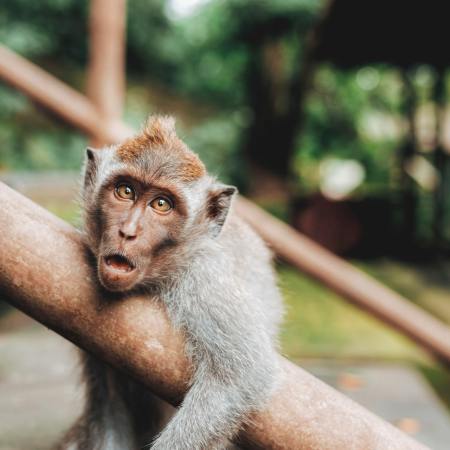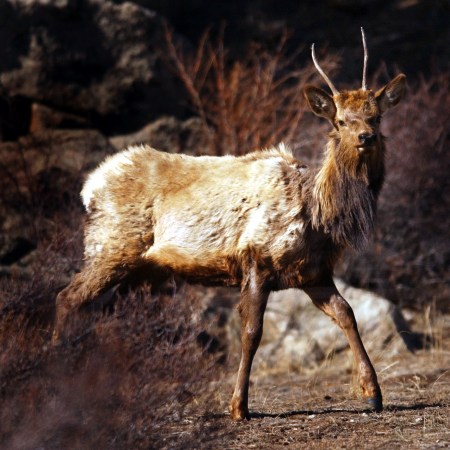Loneliness isn’t just a source of frustration in our social lives — it’s also something that can have adverse effects on our health. Making matters more complicated is the way that loneliness increases for many people as they grow older, which can magnify some of the health problems that can accompany aging. And now, a growing number of scientists and researchers are looking into the behavior of non-human animals to explore how aging and solitude play out for these species.
Last year at The Conversation, Erin Siracusa and Noah Snyder-Mackler detailed their work researching macaque monkeys over an eight-year period. “[A]s females got older, they initiated interactions with fewer group mates,” they wrote — pointing out that the monkeys tended to stay in touch with other monkeys “with whom they shared a particularly strong and stable bond.”
Their findings led Siracusa and Snyder-Mackler to speculate that there may be an evolutionary advantage to reducing one’s social network as one grows older. And it turns out that this behavior isn’t just confined to primates, either. At Knowable Magazine, Tim Vernimmen discussed similar research that explored the social networks of sheep and deer, and found similar behavior in both.
Study Suggests Melatonin Can Reduce Aging-Related Vision Loss
The study encompassed a 15-year timespanThe research into aging deer and sheep also pointed to a reason for why older animals are less social: as they age, they may be more susceptible to certain parasites, and avoiding contact with younger members of their species could help keep the younger deer and sheep safe. It’s an interesting twist on the conventional wisdom of aging — and it points to a biological explanation that’s at odds with our desire to live longer, more connected lives.
The Charge will help you move better, think clearer and stay in the game longer. Subscribe to our wellness newsletter today.



















